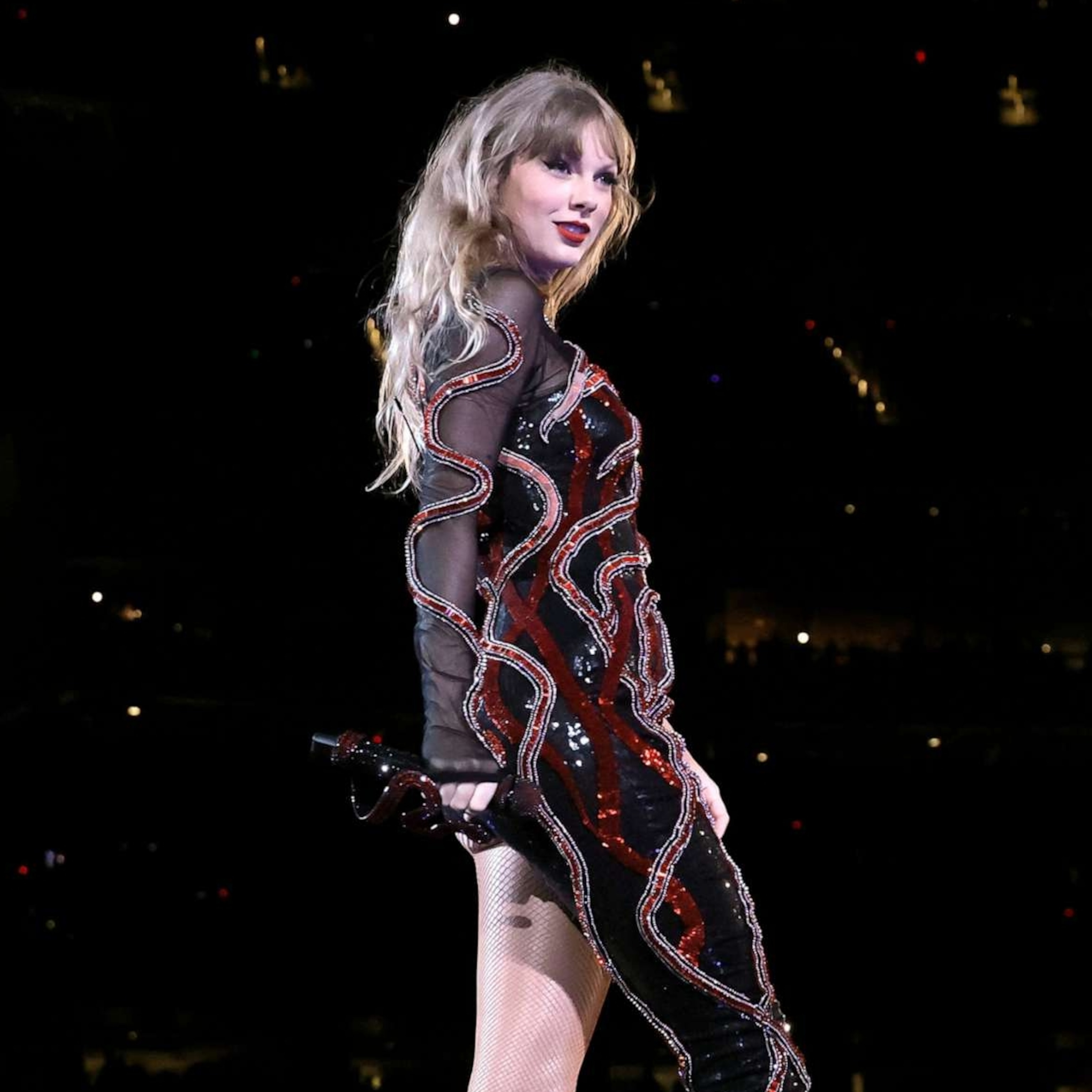'All the Light We Cannot See' review: Audiences deserve better
The botched four-part series is hollow at its core.

What we have here is a botch job of epic proportions. It seems like a no-brainer to turn Anthony Doerr's Pulitzer Prize-winning 2014 novel "All the Light We Cannot See" into a four-part Netflix series. What better way to develop the themes of love and courage under fire in occupied France amid the Nazi horrors of World War II? Or so you'd think.
What goes wrong? Nearly everything, with the exception of the luminous Aria Mia Loberti as Marie-Laure LeBlanc, a blind French teenager who broadcasts an illegal radio show in a code to help the Allies win the war. Loberti, legally blind herself and with no acting training, finds a core of intelligence that is otherwise missing in action.
Blame it on screenwriter Steven Knight ("Peaky Blinders"), who turns Doerr's lyricism into plodding cliches, and director Shawn Levy, best known for the "Night at the Museum" franchise, who manages the impossible feat of getting lame performances from two of the finest actors on the planet, Mark Ruffalo and Hugh Laurie.

Ruffalo plays Marie-Laure's father Daniel, once the keeper of the locks at the Museum of Natural History in Paris, and now in hiding. Laurie is her Uncle Etienne, a member of the French Resistance and now a PTSD agoraphobic terrified of the outdoors and his own inner demons. It's not a pretty sight to see these legends floundering with roles drawn from the cliche handbook.
Even worse is Lars Eidinger as Reinhold von Rumpel, a sadistic Nazi officer played like a stereotype run amok. Dying of cancer, Reinhold thinks he can be cured by a jewel called the Sea of Flames, which -- wait for it -- is hidden in a braille scale model of the French coastal town of St. Malo, which Daniel built to help Marie-Laure navigate the place where they've taken shelter.
To add to von Rumpel's evil, we see him hounding sweet and hunky Werner Pfennig (Louis Hofmann), a good German forced to join the Nazis because of his skill with radio technology. Werner hears Marie-Laure's broadcasts, but keeps the info to himself because, well, he's falling in love with her voice. "Everything has a voice," she says, "you just have to listen."
It turns out that both Werner and Marie-Laure (kudos to Nell Sutton for playing her younger version in flashback) have grown up listening to the radio voice of the so-called "Professor," who taught traitorous lessons in science, reason and morality in a voice that sounds suspiciously like one of the major characters. Hey, you just have to listen.

All the plot threads connect when Daniel is captured, Marie-Laure is left on her own and Uncle Etienne comes roaring out of hiding on a motorcycle shooting any Nazi in sight. Suddenly, we're in a Hollywood action movie that sits uncomfortably next to the preachy tone of the rest.
"All the Light We Cannot See" has been handsomely produced with the all that a fat production budget can buy. But the series is hollow at its core, with a score by James Newton Howard that tells us exactly what to think, and actors who might as well be wearing signs indicting where they stand on the line between good and evil.
Doerr's novel, while hardly great literature, at least felt like part of a world we could recognize as our own. The series feels like Hollywood hackwork that dims the light of everyone involved in its misbegotten creation. Audiences and the spirit of Marie-Laure deserve better.







